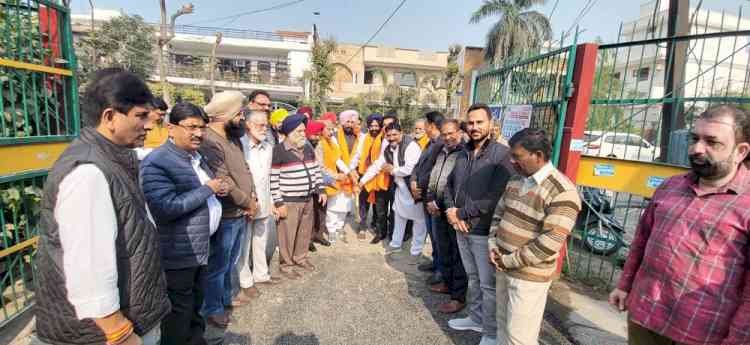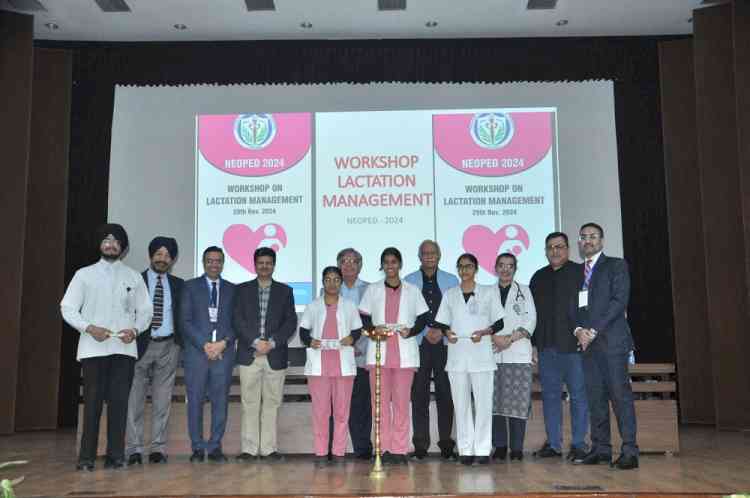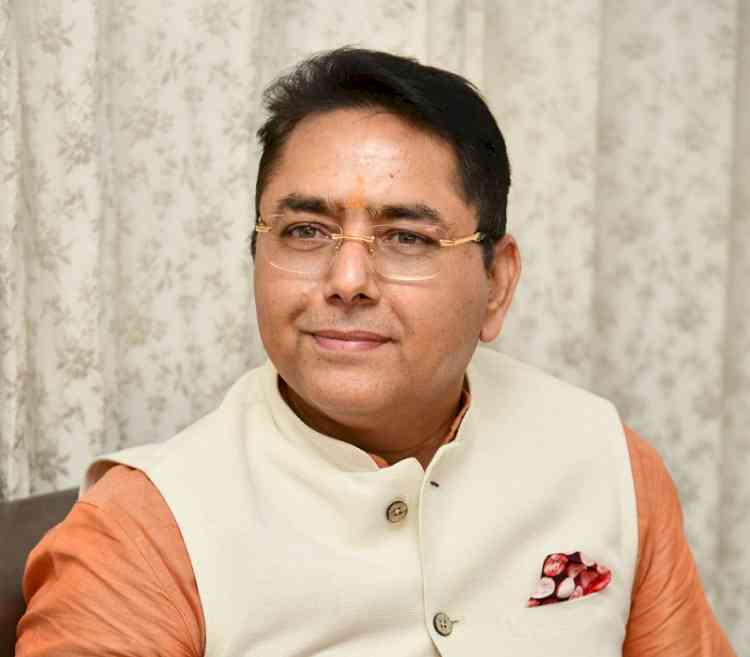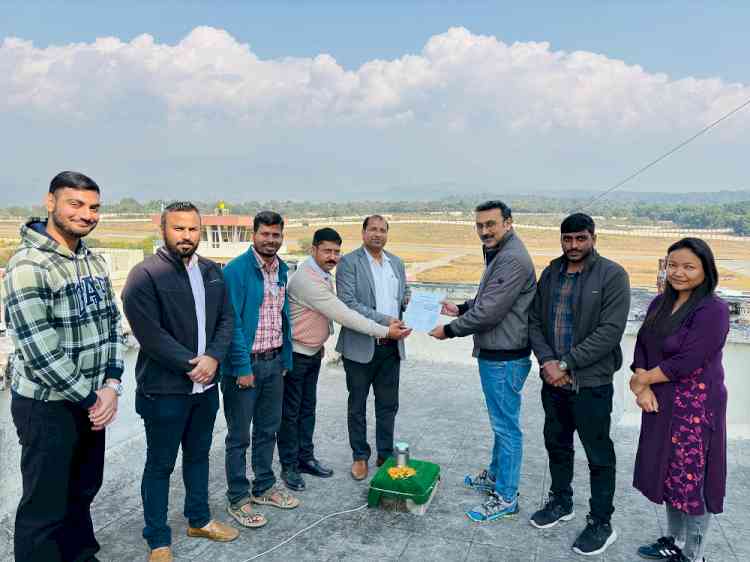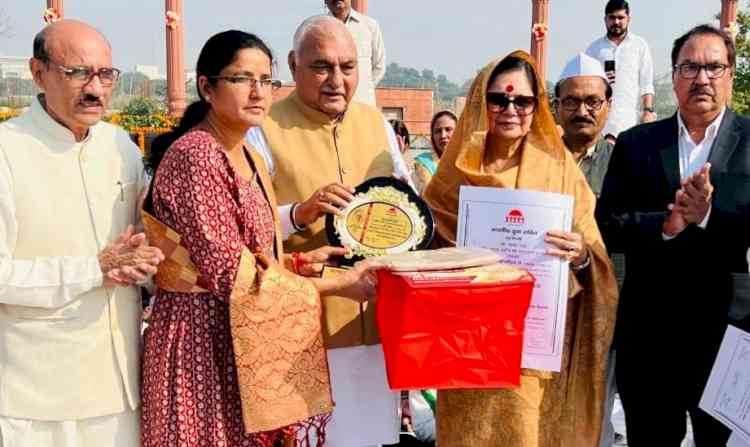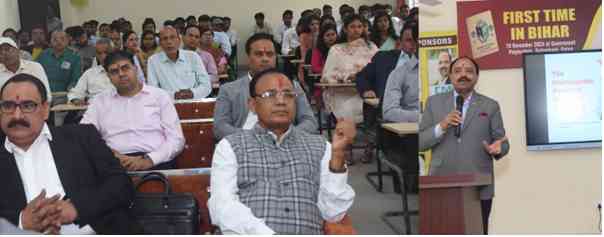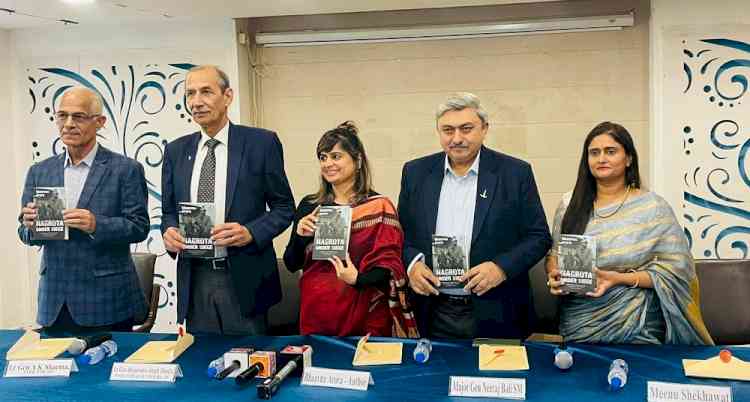PAU imparts training in role of IoT in transfer of agricultural technologies
A total of 18 Agriculture, Horticulture and Soil Conservation Officers; scientists from PAU and its Krishi Vigyan Kendras attended the course

Ludhiana: The Skill Development Centre, Punjab Agricultural University, organized a two-day online training course on the “Role of Internet of Things (IoT) in Transfer of Agricultural Technologies” for in-service candidates. A total of 18 Agriculture, Horticulture and Soil Conservation Officers; scientists from PAU and its Krishi Vigyan Kendras attended the course.
Dr Kiranjot Sidhu, Associate Director (Skill Development), informed that Food and Agriculture Organization estimated the need to produce 70 per cent more food in the world by 2050 to meet the demand of growing population. The IoT solutions are focused on helping the farmers to bridge the food supply - demand gap by ensuring higher crop yields, profitability and protection of the environment, she added. The course was designed to provide in-depth knowledge about the need and implementation of IoT in agriculture, she said.
Dr Kiran Grover, Principal Extension Scientist (Food and Nutrition) and Course Coordinator, highlighted that Internet Controlling Things include smart devices that can transfer data over a network. So, smart farming, based on IoT technologies, enables the farmers to reduce resource wastage and enhance productivity, she observed.
Dr Vishal Bector, Associate Director (Industry Linkages), discussed the application of IoT in smart agriculture. He explained the usages of drones, robots, remote sensors and computer imaging combined with continuously progressing machine learning and analytical tools for monitoring the crops. The IoT has not only saved the time of the farmers but has also reduced the excessive use of natural resources, he added.
Dr Manjit Singh, Principal Scientist (Farm Machinery and Power Engineering), said the use of agricultural drones is one of the major applications of IoT in farming. Drones are generally used for crop health imaging, integrated GIS mapping, spraying of pesticide and fertilizer in the field, he informed. With the strategy and planning based on real time data collection and processing, drone technology will give a high tech makeover to the agricultural industry, he observed.
Dr Ramandeep Singh, Professor, School of Business Studies, shared useful tips for the marketing through the use of IoT. “Only through the use of IoT technology, we are able to connect globally with minimum human efforts. It also helps us in faster access, saving time and efficient communication,” he said.
Dr Lavleesh Garg, Extension Scientist and Technical Coordinator, familiarized extension personnel with IoT. He observed that the use of technologies in agriculture will reduce human efforts, simplify farming methods and aid in smart farming, which in turn will assist the farmers in expanding their market with a single touch and minimum effort.
Later, Dr Grover, while proposing a vote of thanks, remarked that IoT is a driving force for increasing agricultural production in a cost-effective way. There is a need to create more and more awareness to implement agricultural IoT solutions in a prosperous manner, she added.


 cityairnews
cityairnews 
